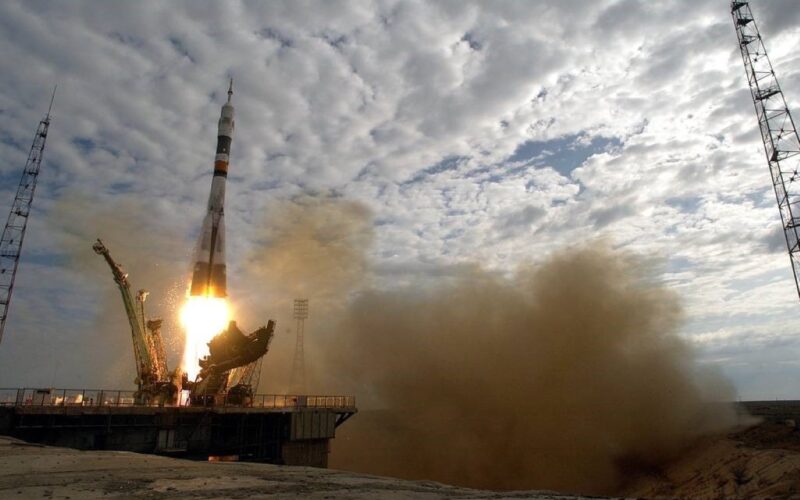Iran has initiated talks with Moscow to seek assistance in building its new observation satellite, the Khayyam-2, Russian state-owned news agency TASS reported.
The first Khayyam satellite was launched in August 2022, aboard a Russian Soyuz rocket. It was already manufactured by Roscosmos, the Russian space agency, as a result of a four-year-long joint project between the Russian and Iranian space programs.
Based on the Russian observational satellite Kanopus-V, Khayyam-1 was equipped with an array of high-resolution cameras, giving Iran an unprecedented capability to monitor objects that are located beyond its borders.
TASS sources indicate that this time talks between the two nations encompass the development of technical specifications for future models of the Khayyam satellite. Additionally, Iran is keen on collaborating with Russia to build a remote sensing satellite, a small satellite, and a telecommunications satellite.
Iran ambitions to have at least eight additional launches in the near future, including the General Soleimani Satellite System, a constellation of ten tiny spacecraft.
Russia’s invasion of Ukraine in February 2022 has damaged Roscosmos’ ability to participate in international space ventures, particularly with Western nations, such as the US, also impacting the country’s space budget.
Since then, Russia has been looking for partnerships elsewhere, with countries such as Iran, to offer Russia an opportunity to bolster its space industry.
The Iranian Space Agency (ISA) and Roscosmos signed an agreement to step up cooperation between their space industries in December 2022.
Numerous reports also indicate that Iran might be selling armed drones and spare parts to Russia to use in the war against Ukraine.
Iran’s foray into space began in 2004. The nation is also one of the 24 founding members of the United Nations Committee on the Peaceful Uses of Outer Space, established in 1959.
However, Iran is currently facing numerous sanctions for developing its ballistic missile program, which is prohibited by the United Nations Security Council (UNSC). The sanctions are imposed on Iran’s space agencies as well.

